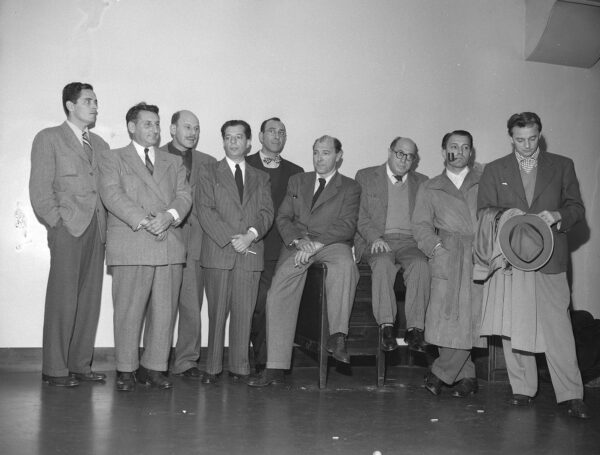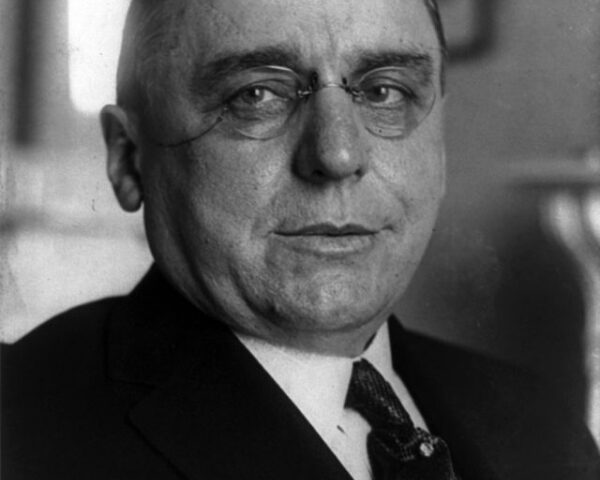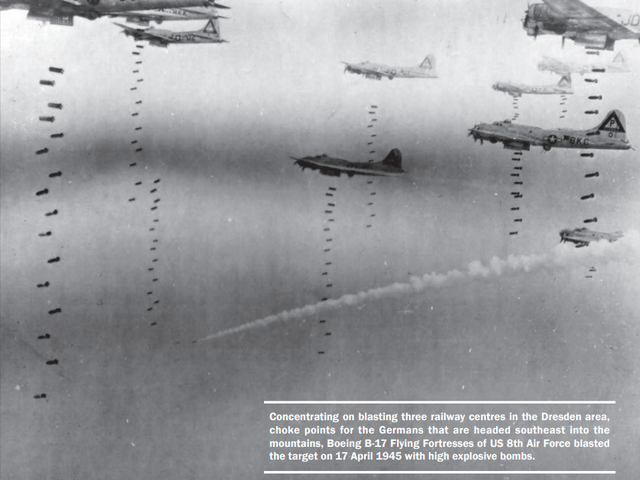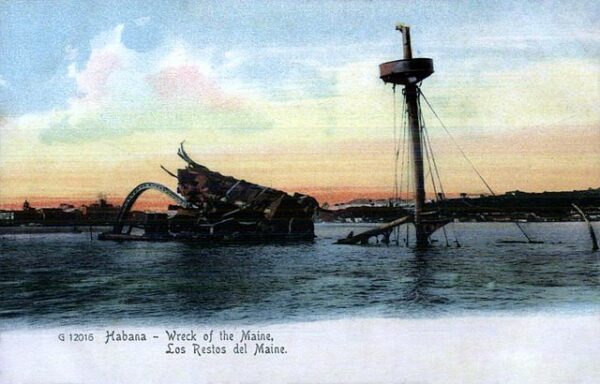On October 20, 1947, the House Un-American Activities Committee (HUAC) launched its infamous investigation into Communist infiltration of the Hollywood film industry, marking a pivotal moment in the early stages of the Cold War. This event became one of the most dramatic and controversial chapters in the U.S. government’s fight against perceived Communist influence, not only in politics but also in American culture. HUAC’s focus on Hollywood was driven by a fear that Communist ideology was being subtly promoted through the country’s entertainment industry, potentially influencing millions of Americans. The consequences of these hearings led to the creation of a blacklist that significantly impacted the careers and lives of many artists for years to come.
The HUAC had been established in 1938 to investigate alleged disloyalty and subversive activities on the part of private citizens, public employees, and organizations suspected of having Communist or Fascist ties. By 1947, with the Cold War heating up, the focus of the committee shifted largely to rooting out Communist influence in American life, and Hollywood was seen as a potential breeding ground for such activity. The film industry, with its wide reach and ability to shape public opinion, was an attractive target for those who feared that the Soviet Union and Communism were gaining influence in the United States.
The October 1947 hearings began with testimony from prominent Hollywood figures, some of whom cooperated with the committee by naming names of suspected Communist sympathizers. Screenwriters, actors, directors, and producers were called before the committee to testify about their political affiliations and activities. Some chose to cooperate fully, while others resisted, seeing the investigations as a violation of their constitutional rights. The most famous group of resistors became known as the “Hollywood Ten.”
The Hollywood Ten were a group of screenwriters and directors who refused to answer the committee’s questions, citing their First Amendment rights to freedom of speech and assembly. These individuals included prominent writers and filmmakers like Dalton Trumbo, Alvah Bessie, and John Howard Lawson. They argued that the investigation was an infringement on their rights and that their political beliefs, whether Communist or otherwise, should not determine their ability to work in Hollywood. They refused to name colleagues or discuss their own involvement with the Communist Party.
However, HUAC and its supporters were not swayed by these arguments. The Hollywood Ten were found in contempt of Congress for their refusal to cooperate and were subsequently sentenced to prison terms of up to a year. This marked the beginning of the Hollywood blacklist, an unofficial industry-wide agreement that banned anyone suspected of Communist sympathies or connections from working in film or television. The blacklist was enforced by the major studios, which were under pressure to distance themselves from any perceived Communist influence.
For those on the blacklist, the consequences were devastating. Many were unable to find work in the entertainment industry, and their careers were effectively destroyed. Some, like Dalton Trumbo, continued to work under pseudonyms, while others left the country or switched to different careers. The blacklist also had a chilling effect on the industry as a whole, with studios and filmmakers becoming more cautious about the content of their films, avoiding anything that could be interpreted as politically controversial.
The HUAC investigations and the resulting blacklist were deeply polarizing, dividing the entertainment industry and the American public. While some supported the committee’s efforts to combat what they saw as a real threat of Communist subversion, others viewed it as a witch hunt, an assault on civil liberties, and an example of the government overstepping its bounds.
The Hollywood blacklist officially ended in the 1960s, but its impact lingered for years. Many of those affected never fully recovered their careers or reputations. The HUAC hearings of October 1947 remain a stark reminder of the dangers posed by fear and political hysteria, and the lasting damage that such actions can inflict on individual lives and American society as a whole.






